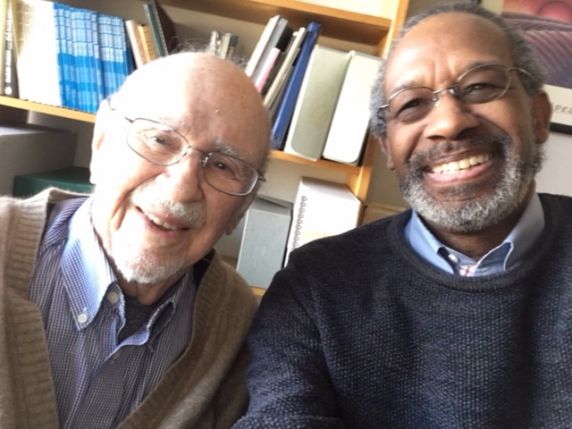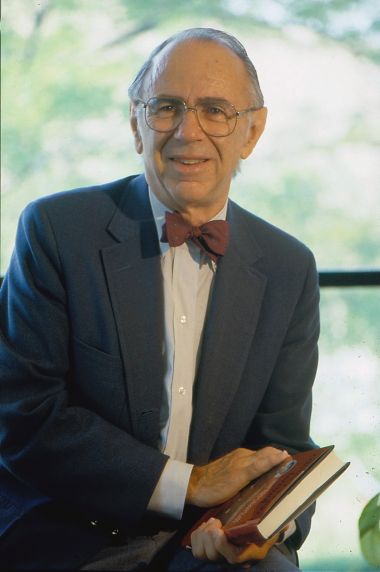Philip P. Mason Oral History Now Available Online
What we now know as the Walter P. Reuther Library of Labor and Urban Affairs began in 1958 as the Wayne State University Archives. For the next 34 years, Dr. Philip Parker Mason would serve as its Director. During his tenure in that capacity, he would initiate one of the first archival education programs, establish conferences and professional organizations, publish numerous books and other publications, conduct countless oral histories, serve as president of the Society of American Archivists, and build what would be considered the premier labor archives in the United States. Now an oral history documenting Mason’s life and career is available for review at the Reuther Library. Conducted by Dr. Louis Jones, this 350-page oral history, spanning 13 chapters and chronicling important areas of Mason’s life and career, is now available online. With Mason’s recent passing, it is even more fitting that the Reuther Library make his oral history available to its stakeholders and the general public.
This oral history documents Mason’s early life and education in Massachusetts and Michigan, training and early employment as an archivist and historian, and development of the Wayne State University Archives, which evolved to include a labor and urban focus. Mason likewise reveals how he developed an archival education program and made acquisitions of important archival and manuscript collections, including those of the United Auto Workers, Industrial Workers of the World, United Farm Workers, American Federation of Teachers, American Federation of State, County & Municipal Employees, and Service Employees International Union, among many others. His relationships with Walter Reuther, Cesar Chavez, Jerry Wurf, Fred Thompson, John Sweeney, and other labor leaders are explored as well as how, in some instances, those relationships helped to shape the history of those unions.

In sharing how he developed in each area of his professional career, Mason also showed how he leveraged each skillset, including deft skills at navigating bureaucracies, as he sought goals and objectives on behalf of projects he was pursing at any given time. With this in mind, researchers will now have a resource to explore and better understand the multifaceted and historical development of his life’s work and how it intersected with a variety of people, organizations, and events extending over a period exceeding 60 years.


 Reddit
Reddit Facebook
Facebook LinkedIn
LinkedIn